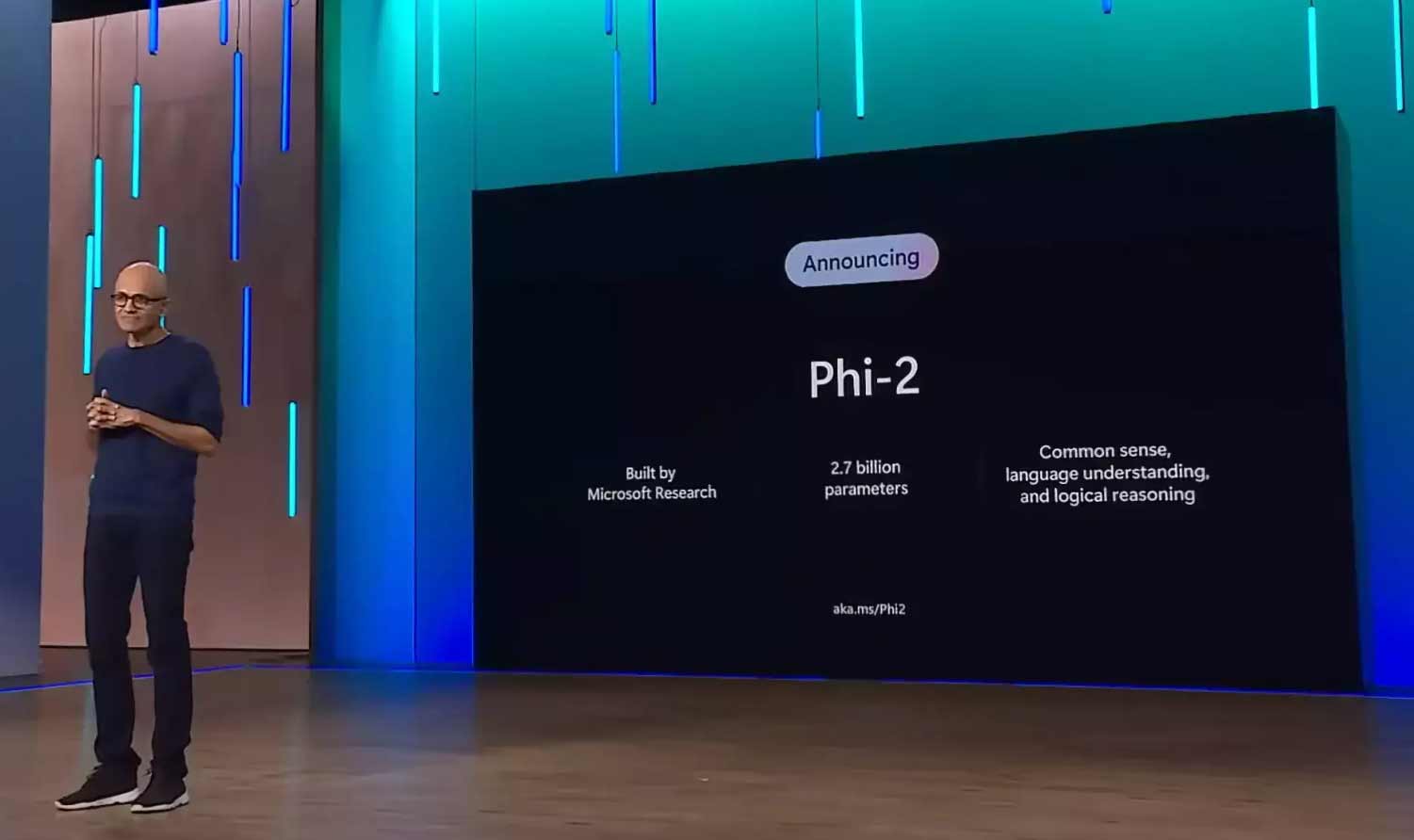Definitions :* AI : Artificial Intelligence
* Parameters : In the context of AI models, parameters are the numerical values that define the model’s behavior and performance.
* Cloud resources : Computing resources, such as storage and processing power, provided through the internet rather than on local devices.
* Azure : Microsoft’s cloud computing platform.
Related links :–
Microsoft’s official website–
Azure cloud platform
